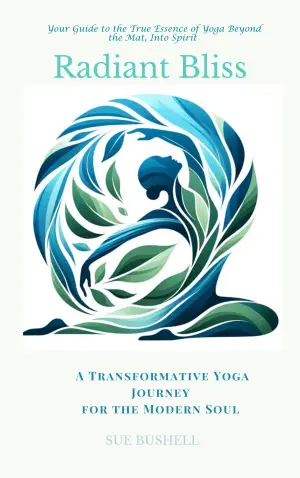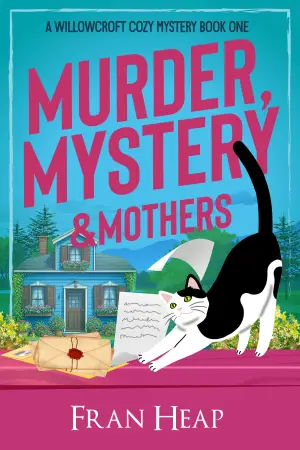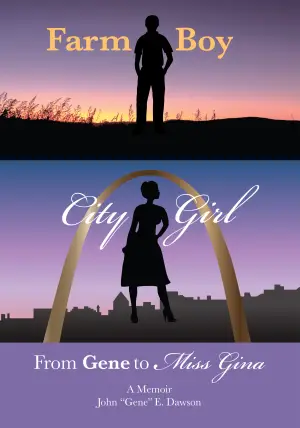Catching Fire: A Fiery Continuation of Katniss Everdeen’s Journey
As I dove into "Catching Fire," the second installment of Suzanne Collins’ masterful "The Hunger Games" trilogy, I found myself swept back into the dark, gripping world of Panem and its chilling dystopia. The heart-pounding stakes of the first book left me on the edge, and I couldn’t wait to see how Katniss Everdeen and Peeta Mellark would navigate the newfound complexities of their lives post-Games. While I felt this installment didn’t reach the same electrifying heights as its predecessor—perhaps due to my mixed feelings about the second round of the Games—it still left me deeply captivated and impressed, even in today’s context.
From the very first chapter, I was reminded of Katniss’s haunting trauma and the pressure she faces as a victor. The tea-sipping scene deftly set the tone, highlighting how abruptly Katniss’s victory turns into a gilded cage. The stark contrast between her quiet life at home and the Capitol’s extravagant expectations creates a tension that reverberates throughout the novel. Ah, and let’s not forget my heart’s flutter at the introduction of Finnick Odair! Be still, my spot for his charm and complexity in this intricate web of characters.
One of the most compelling themes is the burden of leadership and representation. Katniss’s PTSD—manifested through both her memories of Rue and her instinctual desire to protect those she loves—underscores the harsh realities of her existence. Amid the pretenses required by President Snow, readers witness her emotional turmoil, particularly in scenes where she’s forced to feign love for Peeta in order to safeguard their lives. I found myself rooting for her autonomy throughout this struggle.
Suzanne Collins’s writing captivates with its cinematic quality, which remains potent in “Catching Fire.” While the pacing felt uneven during certain game sequences, it excelled during poignant character development moments. The profound quotes, such as Katniss’s reflection on Cinna’s faith in her—"Remember, girl on fire… I’m still betting on you."—lingers long after reading, encapsulating the weight of hope amidst despair. Similarly, the heartbreaking loss of Cinna felt like a gut punch, exposing the cruel costs that come with resistance and rebellion.
For fellow fans of dystopian novels or those who appreciate strong character arcs, “Catching Fire” serves as an emotional tapestry woven with themes of love, loyalty, and sacrifice. Although I found parts of the games less engaging this time around, the buildup to the moments leading up to them and the introduction of new characters kept my passion aflame. The climax offers a significant turning point in the series, leaving me desperate to uncover what lies ahead.
In conclusion, “Catching Fire” is a powerful bridge that delves into the psychological ramifications of fame and survival, reminding us of the humanity that often gets lost amid the chaos of rebellion. If you enjoyed the first book or crave stories with tenacious, flawed protagonists challenging a corrupt system, you will find much to love in this tale. Personally, it served as both a thrilling escape and a sharp reminder of the issues of power and oppression in our world today. So, grab your copy, settle into a cozy spot, and prepare for a heart-wrenching journey—you won’t regret it!
Discover more about Catching Fire (The Hunger Games, #2) on GoodReads >>














